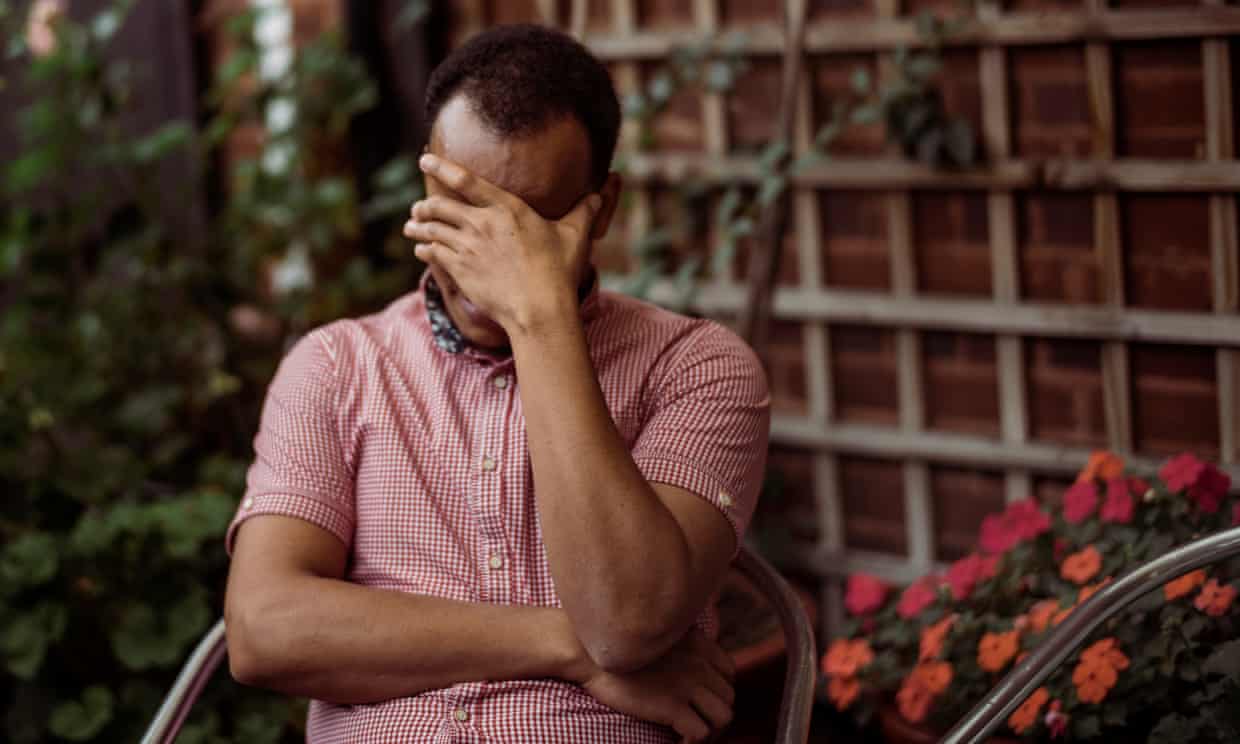When Nasir* was given refugee status in the UK, he didn’t know whether to laugh or cry. Asylum meant he was safe from being returned to a grim future in his home country of Eritrea. But it also meant he would rapidly become homeless.
While his case was being considered he was housed in cramped quarters in Stratford, east London, and given support payments of £36.95 a week. But as soon as people are given refugee status, they are expected to apply for mainstream benefits and find somewhere to live within 28 days.
“When you are granted asylum they say ‘pack’ and you don’t know where to go,” Nasir, 28, says. “You don’t know the system and you are expected to find a job. You get the papers but you don’t know what to do.”
********************************************************************************
For Nasir, being granted asylum meant ending up homeless. He had nowhere to go, so spent a week sleeping rough at a shopping centre. “This area is not very safe. People do lots of drugs and play music all night. I would take a nap at maybe 2am and then wake up at 6am. I had a cardboard box that I would lie on and one bag. I didn’t expect to come here and sleep on the street. There were times when I thought I would be better off back at home as at least there I had my family,” he says.
Nasir eventually went to the Refugee Council for help. During the 28-day period, refugees are expected to open a bank account and get mainstream benefits, but because Nasir was not given a national insurance number the jobcentre would not process his application for jobseeker’s allowance.
“I didn’t have a bank account because they told me I could not get one without proof of address,” he said. “I went to the jobcentre and asked for help and they said: ‘There is the computer. Go and look for jobs.’ You say: ‘I don’t know how to search,’ and they say: ‘The door is open so you can leave.’”
The Refugee Council helped Nasir, who is learning English, into a winter night shelter and to access the benefits system. He is living in a hostel but had to wait two and a half months for a space. “I am happier now but there have been difficult times along the way,” he says.
“The situation back home is not safe, so it is difficult – it won’t change or become peaceful. So you choose to leave and the journey is very hard and you come here and think: ‘This is it.’ But life here is difficult too,” he says, clutching his hands together.
Does he have a message for the government? He looks up and pauses before responding. “When we first arrived they welcomed us; but it’s very important, when you get status, that people are directed to what to do next. The government should at least give you somewhere to stay and say: ‘You need to do this, this and this,’ because what happens is people who are new and don’t know the country [are] told to leave [their] accommodation. People make mistakes; they don’t know which way to turn.”
*Nasir is a pseudonym






